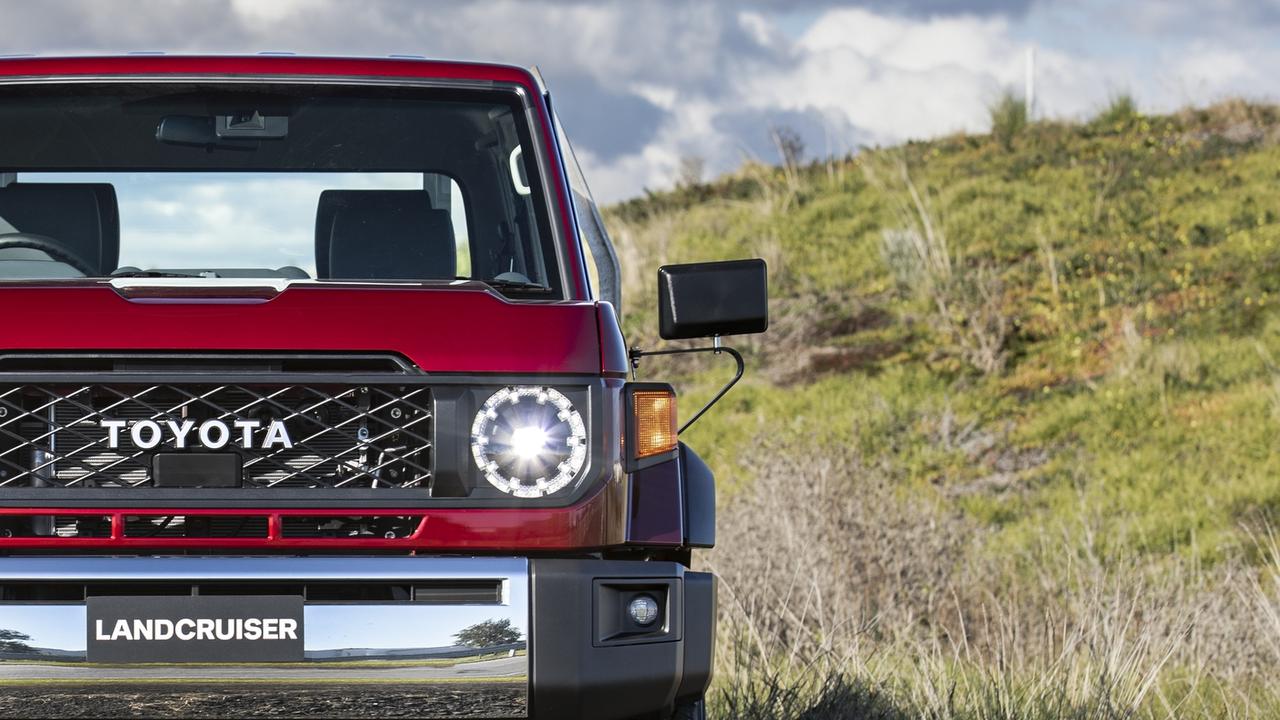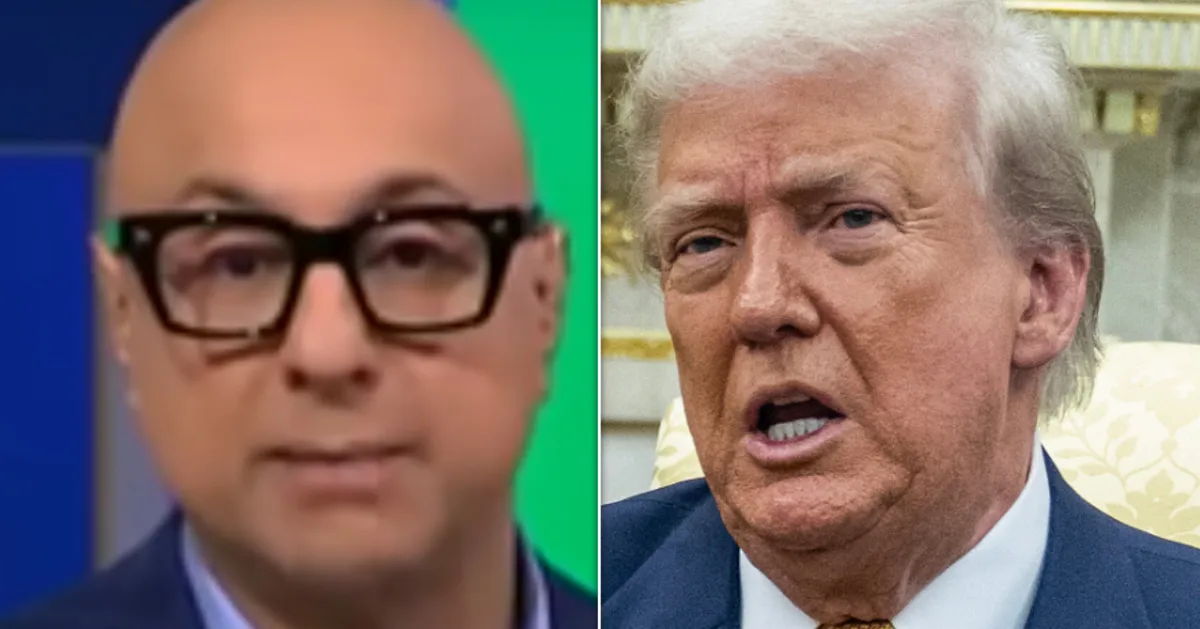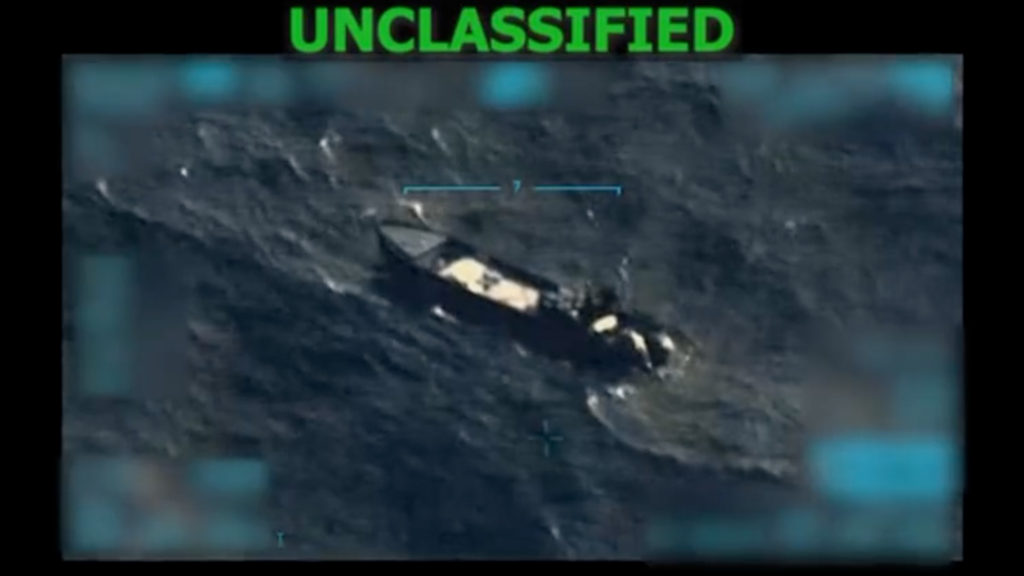By Danielle Collis
Copyright news

Toyota Australia vice president of sales, marketing and franchise operations Sean Hanley said
Australia’s love for diesels is undeniable but it won’t last forever.
“I think there’s a culture of diesel in Australia,” he said.
“Eventually – not in the foreseeable future – but eventually, I can’t imagine diesel necessarily being a fuel source of the future, because the reality is petrol will do everything, and some.”
The Japanese car giant has been supplying the beloved workhorse of petrol and diesel engines to farmers, miners and nomads for generations.
But tightening emissions rules, including the Federal government’s New Vehicle Efficiency Standards (NVES) are forcing automakers to rethink.
MORE: Tesla leak confirms 100-year Aus first
“Diesel won’t go anywhere in the next decade,” Hanley said.
“But I think hydrogen will take over. Diesel will eventually fade.”
CLEAN REPLACEMENT
Toyota is already working on hydrogen as a clean replacement for diesel.
The former Altona factory in Melbourne’s west, once home to Camry production, has been converted into a Hydrogen Centre of Excellence with on-site production, storage and refuelling facilities.
The site produces approximately 80 kilograms of hydrogen a day by splitting water into hydrogen and oxygen using renewable electricity.
The gas is stored and pumped into hydrogen-powered forklifts and Toyota’s Mirai fuel-cell cars at an on-site refuelling station.
MORE: Hidden meaning in Aus company’s collapse
The site is also used as a test bed for hydrogen education and technology development in Australia.
“You might have seen the hydrogen generators when you drove in today,” Hanley said.
“We have very much invested in hydrogen. Nothing’s changed – but it’s not a short-term investment. I don’t want people to think hydrogen is suddenly going to take off between now and 2030. But in that 2030s, particularly the 2035 horizon, I truly believe hydrogen will be a future.”
DON’T ‘POO-POO HYDROGEN’
Hanley believes Australia’s abundant renewable resources gives the country an edge.
“People are poo-pooing hydrogen all the time. But we have an abundance of hydrogen in this country. There’s a great opportunity for Australia to be a leader in sourcing hydrogen,” he said.
MORE:‘Don’t buy’: ‘Serious’ warning over popular car
Unlike diesel, which burns fuel in an engine and pumps out CO2 and particulates, hydrogen fuel cells use a chemical reaction with oxygen to generate electricity.
The only emission is water vapour.
Refuelling takes just a few minutes, similar to filling a diesel tank, but the infrastructure is limited.
While hydrogen is a longer-term bet, hybrids are already reshaping Toyota’s line-up.
In 2024, nearly half of all Toyota’s sold in Australia (48.9 per cent) were hybrids, with more than 100,000 deliveries in a single year.
MORE: ‘Never before’: $400k car ‘conversion’ stuns
The brand now offers nine model ranges with hybrid power from the small Yaris hatch to the seven seater Kluger SUV.
Even the Camry switched to an all hybrid line-up in 2024, achieving just 4.0L/100km fuel use and 91g/km CO2 emissions.
Toyota has coped criticism for its slow electric vehicle (EV) rollout, but Hanley defends the brand’s “multi-pathway” approach: petrol-hybrids, plug-in hybrids, hydrogen and EVs, depending on the customers needs.
When asked about a diesel-hybrid, Hanley didn’t rule it out.
“Reserve Judgement on that one, but never discount anything on hybrid,” he said.
According to the most recently available figures, diesel vehicles make up around 2.6 million of the 17 million cars on Australian roads.
While, government fleets are comprised of up to 30 per cent of vehicles run on diesel engines.



